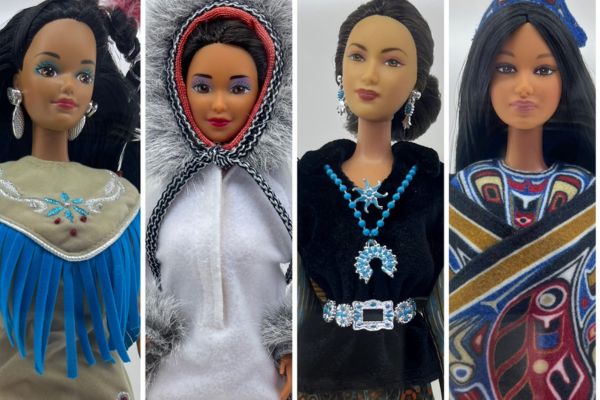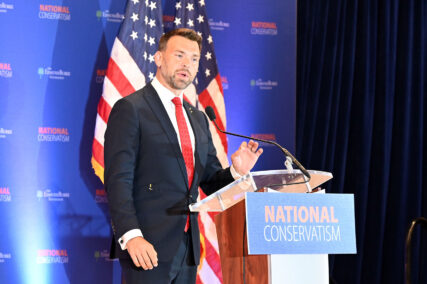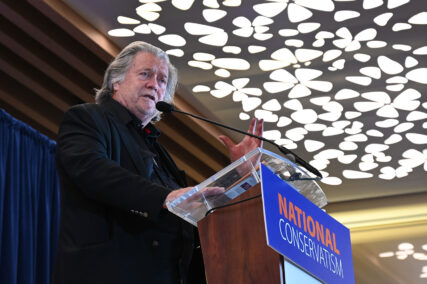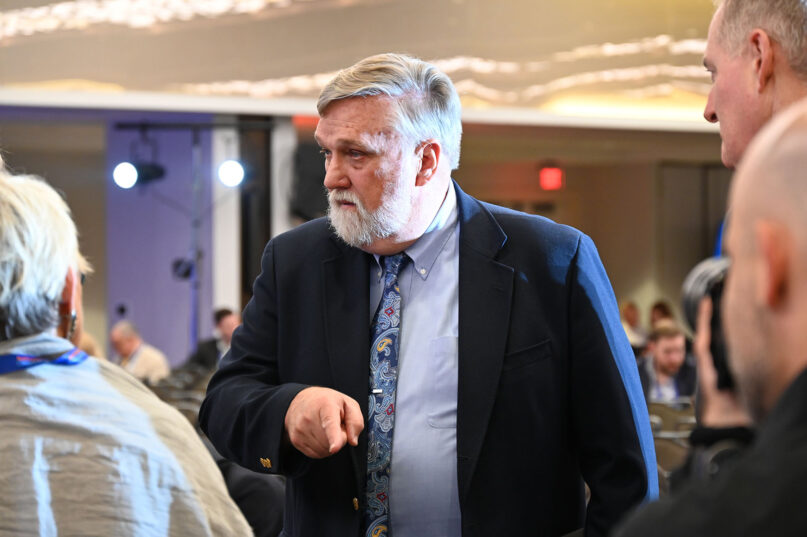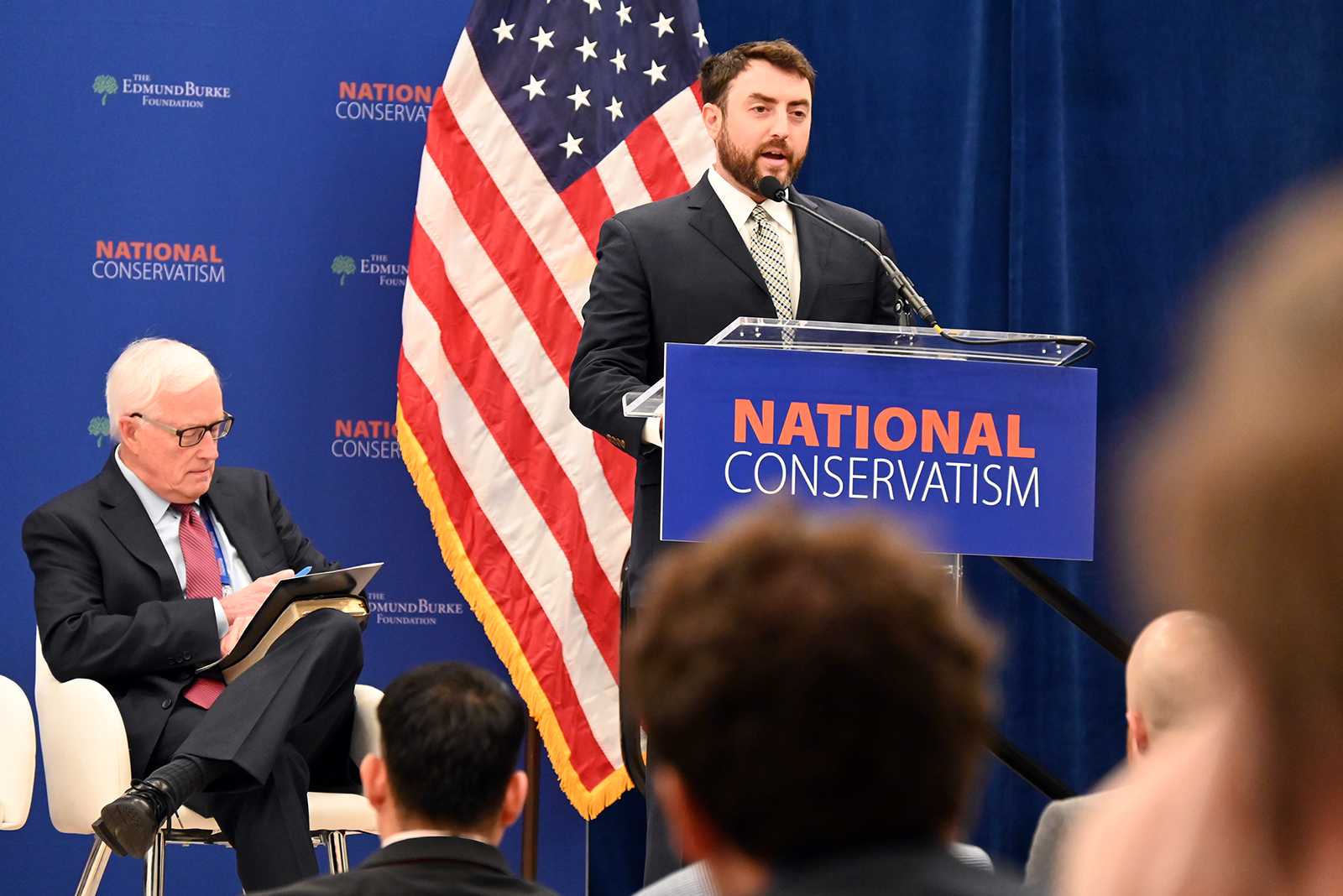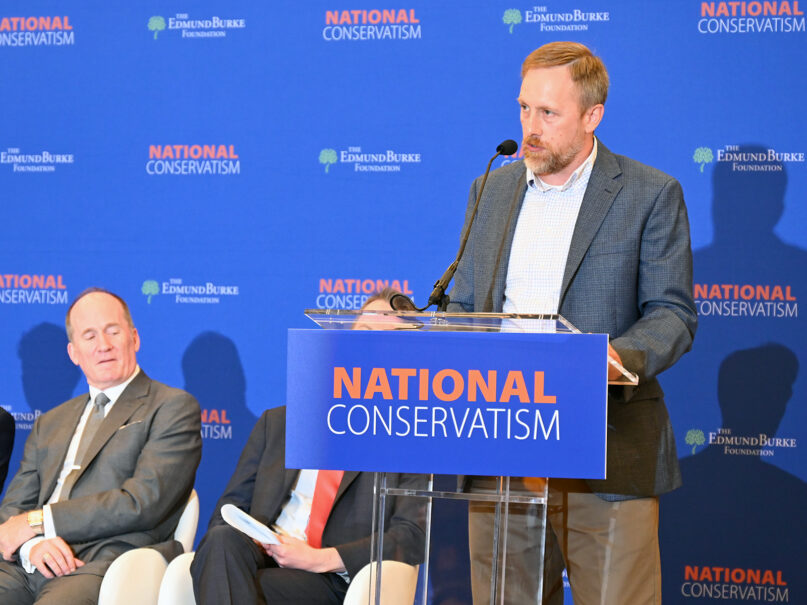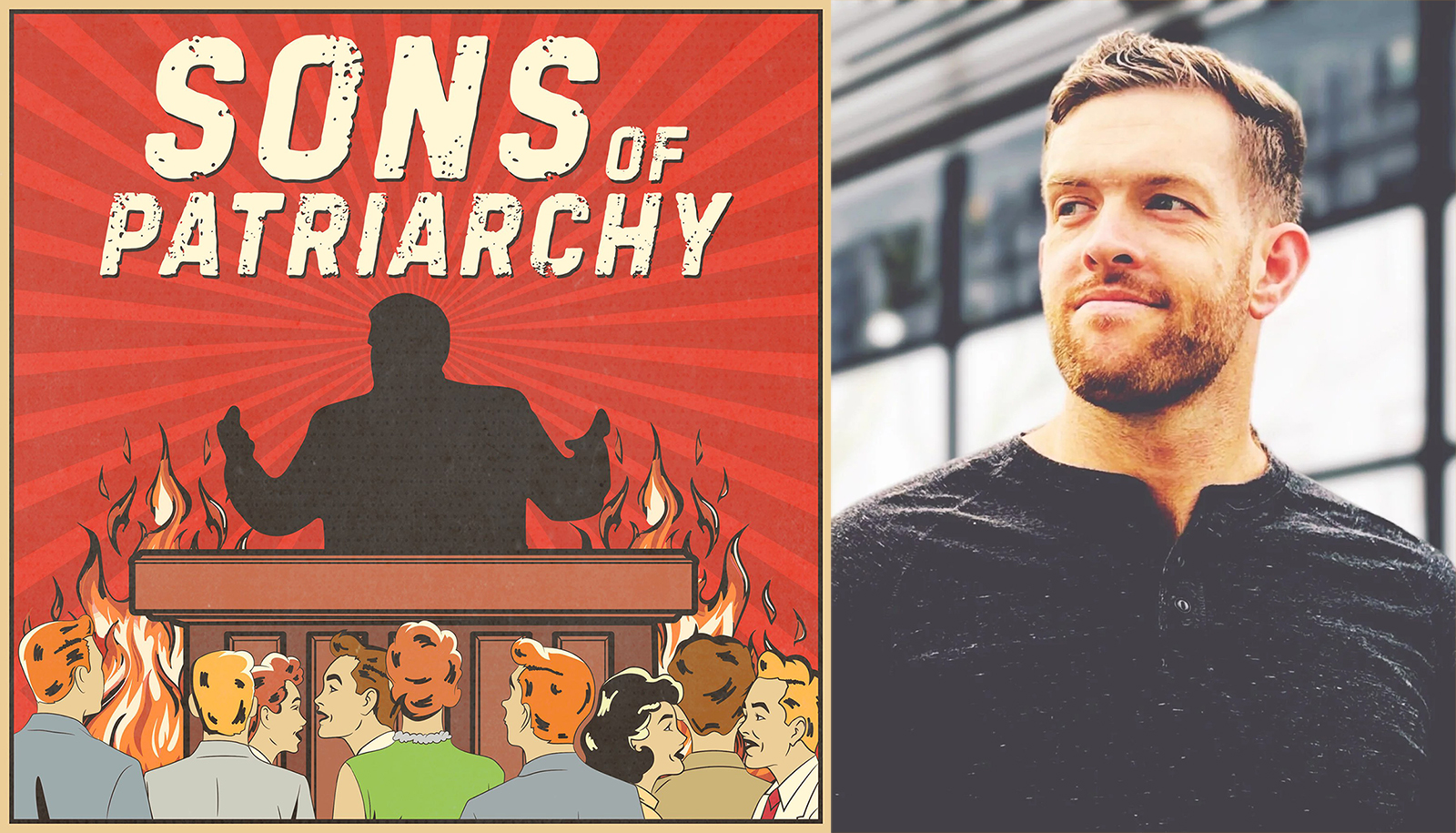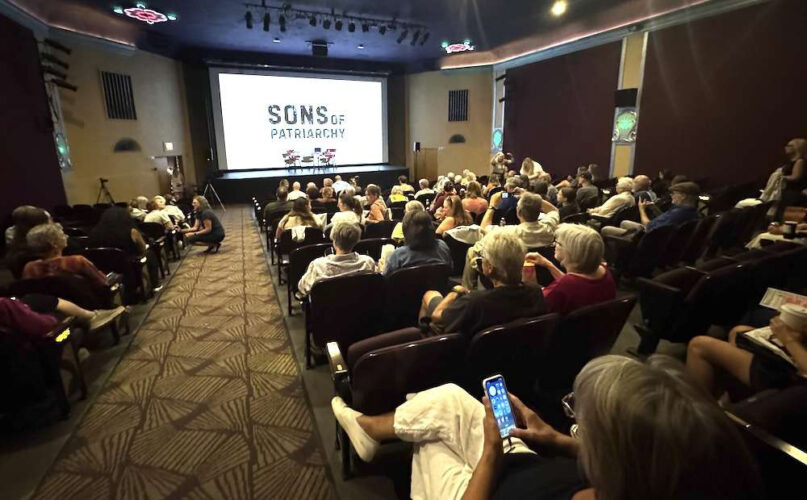From social media influencers to academic theorists, preachers and politicians, everyone weighs in on the question of what makes a good man, especially what young men need to do embrace their masculinity.
Here’s a simple, sensible answer: If you want to be a good man, do your best to be a good person.
If your goal is to model a “positive masculinity,” work to develop qualities that everyone—men and women—should strive for. Strength along with vulnerability, honesty and empathy, a clear head and an open heart—all are markers of a good person, male or female. Both men and women should protect the vulnerable, provide for their families, and contribute to their communities in whatever ways they can.
The specific choices a person makes about how to live those values—whether a man or a woman—will depend on one’s talents and temperaments, which vary in many ways. There are patterns to the way men and women behave, depending on the society in which they are socialized, but no individual can be contained solely within those patterns. Locking people into rigid ways of being men or being women limits everyone and undermines the health of communities.
But that answer apparently is unsatisfactory to many. The fretting over what it takes to be a good man continues, which leads me to another observation: If you are holding onto the notion that being a good man has to be distinctive from being a good woman—that there are positive traits distinctive to men—you probably are not searching for a positive masculinity but trying to put a positive spin on male dominance.
I understand the practical reasons that some feminists have for redefining masculinity, for asking men to transcend the norms of what is often called “toxic masculinity” (valorizing aggression and violence; encouraging emotional repression and extreme self-reliance; seeking control and dominance). We live in a culture obsessed with holding onto masculinity and femininity, and if we want to change attitudes and behaviors, we have to meet people where they are. But that strategy can obscure the root problem of patriarchy, institutionalized male dominance. Whatever tactics we use to challenge male dominance—especially in organizing to end men’s violence against women, which is so common that it can be invisible to many men—we should not reinforce patriarchal assumptions.
Two reasonable objections can be raised to my argument.
First, aren’t men and women different? Yes, of course. I’m a man, a male human. I can never carry a fetus or breastfeed a child. Not all women, female humans, have babies, but only female humans can. Males produce small gametes (sperm) and females produce large games (eggs). That’s a big difference between the sexes. There also are differences in hormone levels, average size and muscle mass, and body shape and fat, along with differences in male and female cardiovascular, respiratory, and immune systems.
But the thorny question is, do those physiological differences produce significant differences in intellect, emotions, and moral reasoning? That is, are men and women significantly different—not just because of cultural training but because of biology—in the way we think, feel, and make decisions? It’s certainly plausible that the physiological differences give rise to those other kinds of differences. But we lack the research methods to answer the question with precision. There’s no way to know, no matter how much we may want to know. We don’t have to pretend there are no differences between men and women—after all, if the two sexes were exactly the same, why would patriarchy have ever developed? But we should avoid making grand claims about intellectual, emotional, and moral differences that go beyond our ability to know.
Second, haven’t societies always created gender roles and imposed gender norms? Yes, of course. Given the fundamental differences in male and female roles in reproduction, it’s not surprising that human communities—from small-scale gathering-and-hunting bands to large-scale empires with cities—tell some kind of story about what those sex differences mean. In other words, the reality of biological differences gives rise to cultural gender stories. But there is no single way those cultural roles and norms take shape; across time and place, the stories vary.
Patriarchy tells the story that men and women are different in such profound ways that male dominance is natural, inevitable, and necessary for human thriving. That’s a story that only started emerging several thousand years ago, as hierarchical systems came to dominate human societies. It’s not the only story we can tell.
Back to the obsession with defining a positive masculinity. The terms masculinity and femininity are cultural not biological—they have little to do with the reproductive and physiological differences between males and females. We are socialized to accept the gender roles and norms of our culture, but the fact that gender expectations change over time and differ among communities suggests there is nothing simplistically “natural” about them. Contemporary feminists have had considerable success in challenging institutionalized male dominance, but patriarchal rules have proved tenacious. That’s why I don’t use the term “toxic masculinity,” preferring “masculinity in patriarchy.” A more accurate description keeps us focused on the root problem.
A necessary caveat: Not all feminists agree about these matters. An assessment of the variations of resistance to male power is beyond the scope of this essay, but I want to be clear that my analysis is rooted in what today is generally called radical feminism. For radical feminists, men’s attempts to control women’s sexuality and reproductive power are at the core of patriarchy. Radical feminists have organized to challenge not only sexual violence but also the sexual-exploitation industries such as prostitution and pornography, the ways that men buy and sell objectified female (and sometimes male) bodies for sex. Radical feminists champion reproductive freedom and critique surrogacy, the prostitution of women’s wombs. And radical feminists have for decades argued that the ideology of the transgender movement is not only incoherent but antifeminist. Radical feminists offer an insightful analysis of patriarchy and provide compelling arguments for women’s liberation, which I believe also are the best hope for men to deepen our own humanity.
Contemporary sex/gender politics are difficult to diagram. It’s not a simple case of patriarchy versus liberation, feminist versus antifeminist. Reasonable people can, and do, disagree. Wealth and racial inequality, playing out on a global stage shaped by centuries of imperialism, further complicate the picture. I’m not suggesting that radical feminism has easy answers, only that it offers a framework that we should not ignore.
Whatever strategy we devise to try to make a better world, whatever tactics emerge from those strategies, we should not forget that struggles for freedom and justice require an analysis of institutionalized male power. But many people think patriarchy is no longer an accurate description of our society, that sex/gender inequality is disappearing. In the United States, women won the vote in 1920, and a woman almost won the presidency in 2016. Women have surpassed men in college graduation rates. But have patriarchal roles and norms disappeared? Have we eliminated sexual violence and exploitation? Do women have meaningful guarantees of reproductive freedom? Not in the United States.
Back to the question of how to be a good man. In the contemporary United States, there are three main answers to the question. First, Trump and his MAGA men have revived the unapologetic celebration of masculinity in patriarchy, equating manhood with overt dominance aimed at humiliating male opponents and subordinating women. Second, a softer form of patriarchal masculinity uses the language of men as “servant leaders,” still in control but with the promise of less abusive behavior. The third approach advocates egalitarian outcomes by promoting a positive masculinity.
Among those options, I’ll take the third, but with the hope that more people—men and women—will embrace radical feminism and move beyond the obsession with defining masculinity. I will always be a man. But I need not fret about what it means to be a “good man” or search for the secret of being a “real man.” I can just do my best to be a good person.

